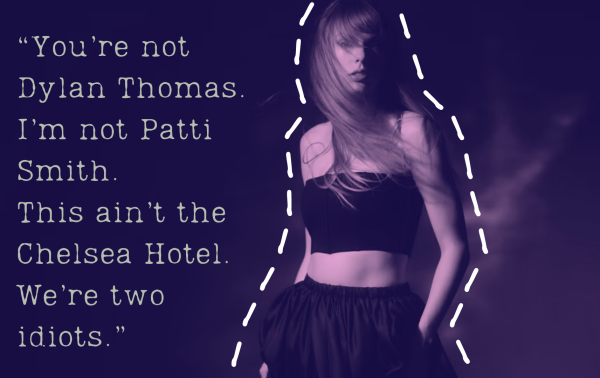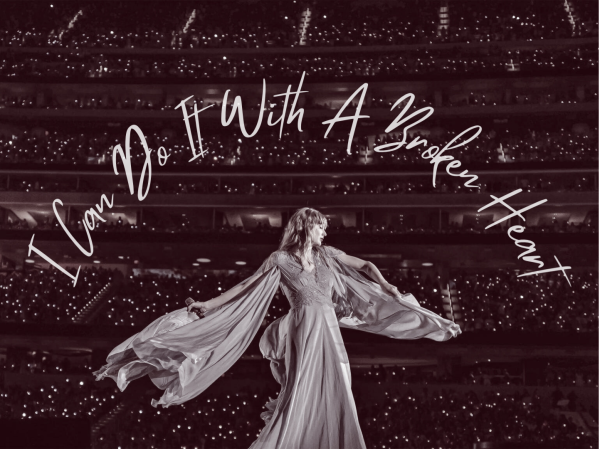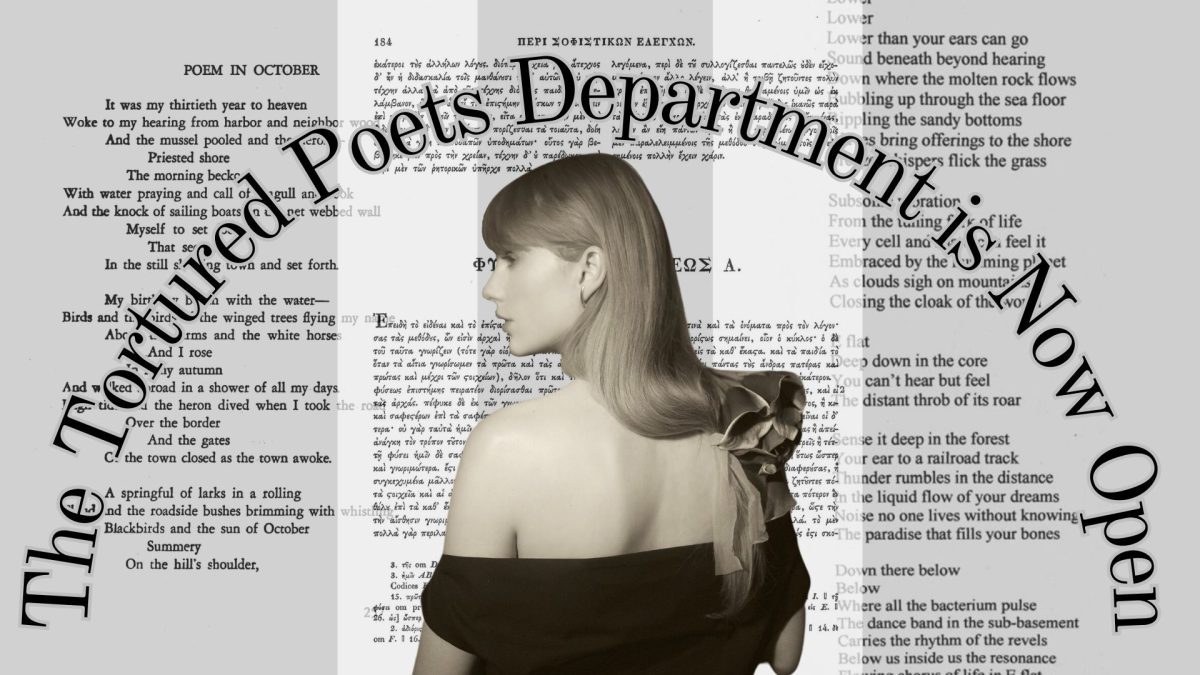On April 19, at midnight Eastern time, 14-time Grammy-winning singer-songwriter Taylor Swift released her highly anticipated album “The Tortured Poets Department,” which is composed of 16 tracks. Many fans of Swift theorized about the possibility of a double album after noticing a series of peace signs in her album promotion. These theories were proven correct when, two hours after her drop, she announced and released 15 additional songs on the double album “The Tortured Poets Department: The Anthology.”
Much of the beauty of this album comes from the scathing vulnerability Swift shows throughout all 31 tracks. But, it would be a mistake to look at these songs as a “who’s who” of people Swift has been romantically linked to. In fact, the premise of this album seems to be Swift saying: It doesn’t matter who I’m talking about, it matters how I feel. This message is one Swift gets across by blending narratives and widespread speculations throughout her 31 songs because, ultimately, the boys she discusses did the same thing to her in different ways, so why should they be more than an allusion in her story?

The primary producer of the first 16 songs is Jack Antonoff, and he utilizes his talent with synths to create a haunting disco vibe that captures all the feelings of a two-week situationship. Swift is brutally honest in ways we have never seen before on this album. In the titular track, Swift makes fun of herself and the man she’s talking about with lyrics like “You’re not Dylan Thomas. I’m not Patti Smith. This ain’t the Chelsea Hotel. We’re two idiots.” Admissions like this show Swift is aware she is not a tortured poet but can play the part well if needed.
There is a lot of humor in this album, and most of it is self-deprecating. Swift constantly references her faults and those of the people she trusted her heart with. “Down Bad” seems to nod to critics suggesting she is too old to be writing about heartbreak, while “But Daddy I Love Him” breaks the fourth wall and addresses her fans directly, saying, “You should see your faces.”
There are highlights littered all throughout this album. “Florida!!! (feat. Florence + The Machine)” is reminiscent of “Haunted” from Swift’s third studio album, with its soft rock and gradual build, but still seems to be unlike anything she has put out before. Antonoff’s production functions at its top level, allowing everything about this song to shine perfectly.

“I Can Do It With a Broken Heart” calls back to the grief she faced over her six-year relationship while putting on the tour of a lifetime, and the feeling is reflected in the incredibly upbeat production and heartbreaking lyrics that call out Swift’s depression during the time and her inability to sit, alone, with her emotions.
Both “The Smallest Man Who Ever Lived” and “The Black Dog” are “Dear John” level devastating, with the bridge on the former being one of the strongest of Swift’s career. Swift uses these songs to call out men who made her false promises and got her hopes up just to let her down.
Aaron Dessner, who is a member of The National and has previously produced albums like Folklore and Evermore with Swift, comes in and enhances the shattering lyrics on songs like “So Long, London,” “loml” and “The Prophecy.” The folk-style guitar and understated instrumental on these songs allow Swift’s writing to shine on these songs. The first two address the feeling of devoting yourself to someone just to have them leave or to have things not work out, whereas “The Prophecy” seems to address songs like these and feeling destined to be alone, as all the love one thought would last never really seems to.
Ultimately, this album encompasses all the topics Swift has covered in her past albums, but in a more biting and mature way. “The Tortured Poets Department” is a diary entry album; it is revelatory, guarded and undoubtedly Swift’s magnum opus. Swift closes the album with “The Manuscript,” which calls on sentiments Swift has shared in the past about the songs she writes becoming the fans’ once she releases them. It serves as the perfect ending to an album full of admissions, grief, regrets, and past love, and her last line is as haunting as it is glib when she admits, “The story isn’t mine anymore.”








